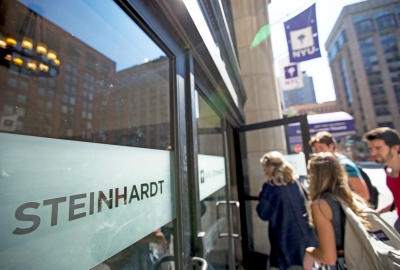This course will explore current transformations in the food systems and
cultures of Sydney under conditions of globalization. Through lectures,
readings and various activities, students will master established facts and
concepts about contemporary urban food cultures and produce new knowledge
about them. We will ask how produce, people and animals have interacted to
make life possible in Sydney and its surrounding suburbs broadly. We
question how those interactions have changed over time and the impact of
changing modes of food production, distribution, and preparation on human
health, knowledge systems, livelihoods, social relations, and the natural
environment. We also consider the built environment and the kinds of
systems that have been built to provide energy, portable water, provide
clean air and process waste.
Students taking this course are likely to be committed to an integration
between theory and practice. This could include: how you translate your
learning from the course into your everyday food practices; how your own
choices can improve the food chain; practical tips in cultivation;
campaigning through social movements and advocacy; setting up your own
projects, impacting policy and government programs and many more.
Course #
FOOD-UE 9191
Credits
2
Department


